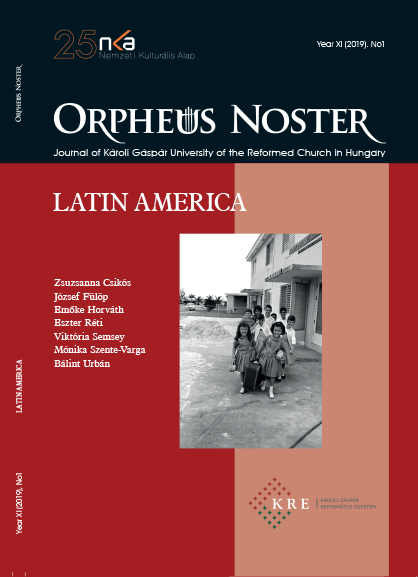The Case of Cuban Children Arriving Unaccompanied to the United States (1960–1962)
The Case of Cuban Children Arriving Unaccompanied to the United States (1960–1962)
Author(s): Emőke HorváthSubject(s): Education, Post-War period (1950 - 1989), Cold-War History, Migration Studies, Ethnic Minorities Studies
Published by: Károli Gáspár Református Egyetem
Keywords: Cuban Revolution; migration; Miami; Fidel Castro; Catholic Church; Bryan O. Walsh
Summary/Abstract: The paper presents the background of the unique story of children arriving from Cuba to the United States through the analysis of the events of the so called ‘Peter Pan Operation.’ The nature of the programme was largely different from today’s child migration as it took place in an organised manner, with active help from the State Department of the U.S. and the Catholic Church. Within the framework of the ‘Peter Pan Operation,’ a total of 14,048 children left their homeland in an organised way. The explosion of the Cuban missile crisis meant the end of the campaign; from then on, Cuba stopped flights to the United States. There were several reasons for starting or continuing the ‘Peter Pan Operation.’ Cuban parents began to send their children to Miami for fear of losing patria potestas (parental control) over their children. We can also put the question in the broader context of the political events of 1960–1962. From these, we can raise three main issues: 1. education reform; 2. the conduct of power over the Catholic Church; 3. the fear of communism, and the spread of a communist ideal. This study interrogates the ‘Peter Pan Operation’ phenomenon through an analysis of these three problems.
Journal: Orpheus Noster. A KRE Eszme-, Kultúr-, és Vallástörténeti Folyóirata
- Issue Year: XI/2019
- Issue No: 1
- Page Range: 7-22
- Page Count: 16
- Language: English

